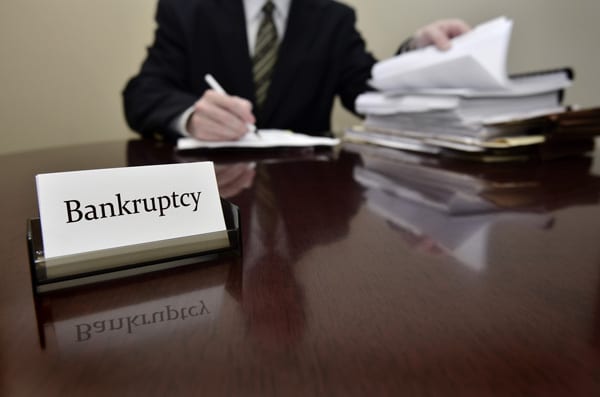According to a recent CNBC report, the average American has nearly $90,500 in debt. Pre-COVID, the unemployment rate went from 3.5 percent to a peak of nearly 15 percent in April 2020, the highest level in over 70 years. At the same time, total consumer debt skyrocketed, including student loans, mortgages, and personal loan debt.
With Americans having little when it comes to savings – about 70 percent have less than $1,000 saved for emergencies, as some of the latest data available shows, a job loss often means the only solution left is bankruptcy.
If you’ve been left in a situation that’s caused you to consider whether you should declare bankruptcy, contacting a bankruptcy attorney for professional advice while also weighing the pros and cons can help you make the best possible decision.
Pros
It can help you regain your financial footing. Filing bankruptcy won’t completely destroy your finances. In fact, it can be an important first step for regaining your financial footing, providing a “do-over,” if you will. Those who allow their debts to continue to pile up, becoming further and further behind on payments, have little chance of getting access to credit, but those who file bankruptcy are often granted new credit within just 18 months.
Debt forgiveness. When declaring Chapter 7 bankruptcy, much of your debt will be discharged, which means there’s no obligation to repay debts that qualify, such as personal loans, medical bills, credit cards, and other types of unsecured debt.
Relief from harassment. When you’re behind on your bills, the collection calls can feel like harassment that never ends. Creditors are likely to call you every day and sometimes multiple times a day. Chapter 7 bankruptcy can put an immediate end to that, thanks to an automatic stay that halts nearly all collection efforts, including wage garnishments and lawsuits.
Extra time to avoid foreclosure. If you’re behind on your mortgage payments, filing Chapter 7 bankruptcy will buy you some time. While it won’t erase home loan debt, You’ll be able to continue to live in your house, getting extra time to restructure your finances and potentially avoiding losing it to foreclosure.
Cons
Not all debt can be discharged. Filing bankruptcy won’t erase all your debt. For example, you’ll still have to pay child support, spousal support, and certain tax debts. To avoid losing your home or car, you’ll have to continue making those monthly payments. If there is a tax lien on your property recorded by the IRS, it won’t go away, it will have to be paid off before selling it.
Your credit score will take a big hit. Filing bankruptcy will significantly lower your score. While it’s impossible to say how much, it’s typically anywhere from 150 to 200 points. It will be difficult to obtain new credit in the immediate future (generally at least 18 months), and a bankruptcy will remain on your credit report for 10 years.
You’ll have to meet income requirements. If you make too much money, you won’t be able to file Chapter 7 bankruptcy. Those who make less than the median income won’t have to worry about this issue as it’s for those who still have money left after paying their primary living expenses. If you have what’s referred to as “disposable income,” something calculated by the means test, you can’t walk away from your debt, but you can still get a bankruptcy discharge after completing a Chapter 13 repayment plan.













